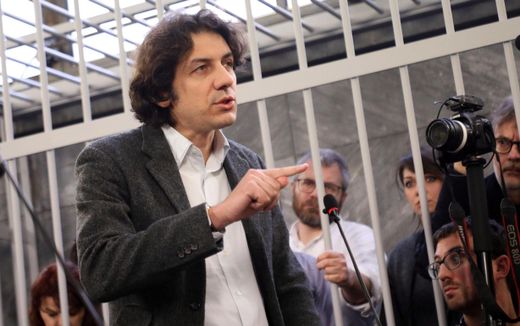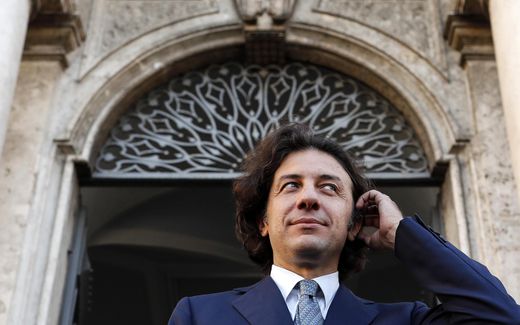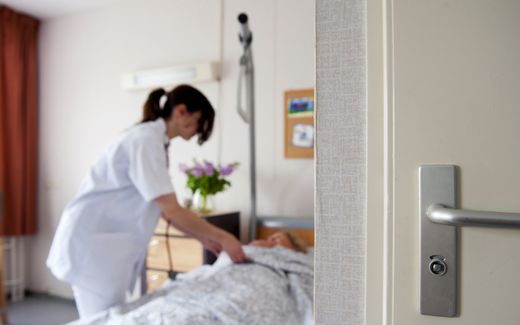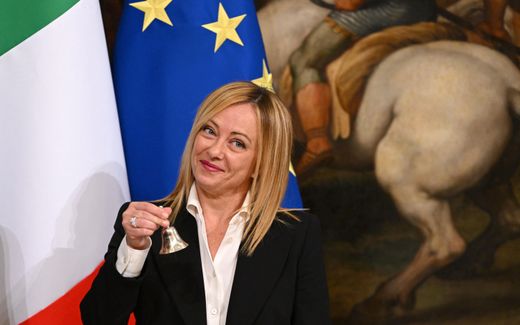Two Italian municipalities are on their way to legalise self-determined death
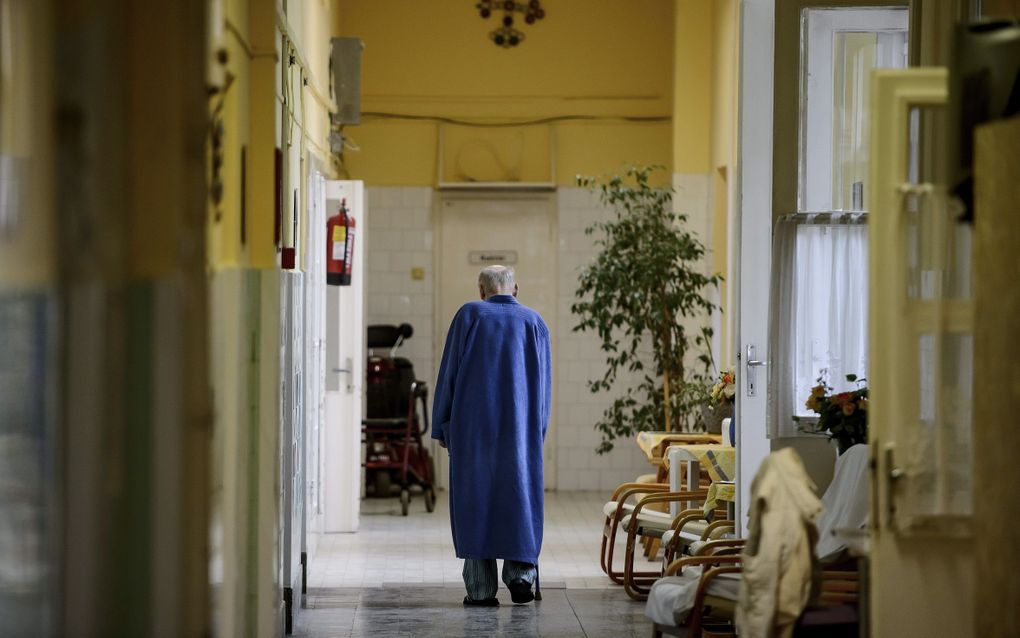
A male patient walks down the hallway in a hospice. Photo EPA, Peter Komka
Southern Europe
The regions of Veneto and Friuli Venezia Giulia are considering a proposal on medically assisted suicide.
Currently, self-determined death is not legal in Italy. But since 2019, it is not punishable under certain conditions. Yet, there are some voices in Italian society who want to clear the legal path to self-determined death. Therefore, a civil initiative bill, known as the Free Now campaign, gained 7,000 signatures in Friuli Venezia Giulia, Avvenire reported last week. A similar initiative gained 9,000 signatures in Veneto. The purpose of these initiatives is to decriminalise self-determined death.
The proposal in Veneto, for example, wants to reduce the waiting time for self-determined death to 20 days. Up till now, some people have had to wait several months before their request was approved, La Tribuna writes.
End of life
Now, the regional councils of both Veneto and Friuli Venezia Giulia are looking at the matter. The expectation is that they will approve it before the end of the year, Avennire writes. In both regions, there seems to be a majority in favour.
In Friuli Venezia Giulia, the next step is that 21 experts will be heard by the Health Commission, says its President Carlo Bolzonello. “The hearings serve to guarantee in-depth analysis on the topic and clarifications from a technical, legal, ethical, social and moral point of view”, he stressed. Bolzonello implicated that the discussion is not only about the “procedures and times for healthcare assistance for medically assisted suicide but also on a motion on the end of life.”
Legislate
“We cannot calmly accept that decisions on topics that profoundly concern the human person are delegated to courts, commissions, now to the Regional Council and not to the Parliament”, Guglielmo Cocco protested. He is the President of the Person, Family and Life Coordination in the Archdiocese of Udine, which is part of Veneto. In 2019, the Court ordered the Parliament to legislate on the end of life, and not the regions, he points out. “It only said that the regional health system should provide the assessment tools, not that it should legislate.”
Also, the Roman Catholic Church speaks out against the proposals in the two Italian regions. “We remain very perplexed that some regional councils attempt to replace the national legislator with the risk of creating a regulatory Babel and encouraging a sort of exodus towards the more liberal regions”, the bishops write in a statement published by Avvenire.
If assisted suicide is legalised, the bishops argue, the “patient is induced to perceive himself as a burden due to his illness, and the community ends up justifying disinvestment and disengagement in accompanying the terminally ill.” Instead, the church leaders point out that the duty of society and the healthcare system is to “assist and cure, not to anticipate death.” Therefore, the regions should do more to make people aware of the possibilities of palliative care, train healthcare workers to provide this care and establish hospices.
Related Articles


